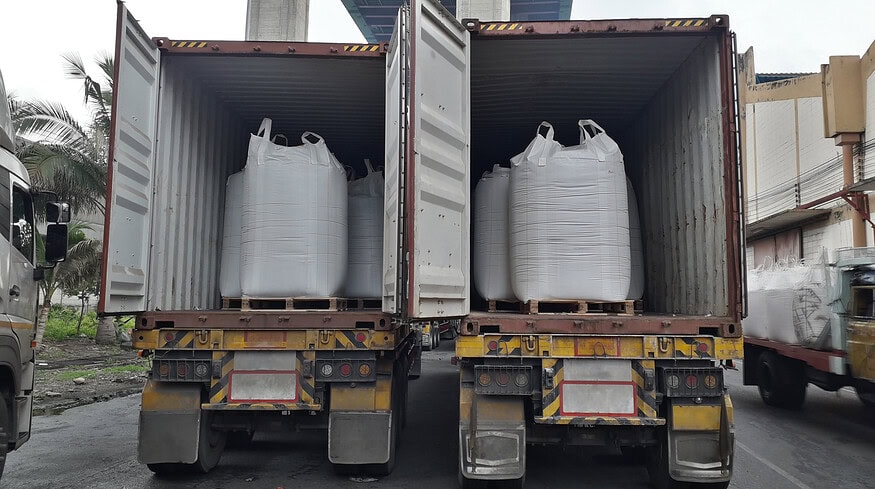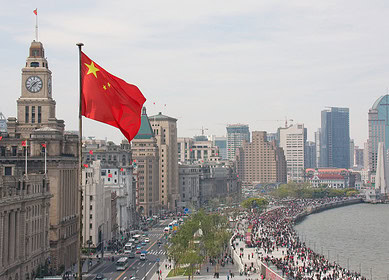Chinese state media deny ‘speculation’ about urea export controls

The Chinese state-run media outlet the Global Times published an article on Tuesday stating that the country is increasing urea supplies to meet rising market demand and emphatically rejecting recent ‘speculation’ that Beijing has introduced export controls on nitrogen-based fertilizer.
Reuters on Monday cited buyers and analysts as saying that Asian fertilizer importers are looking for alternatives to Chinese urea after the superpower placed restrictions on shipments in order to bolster domestic supplies and shore up prices.
The Global Times quoted one analyst at the Chinese information provider JLC as saying that reports of Asian countries suffering as a result of a reduction in Chinese urea exports represent an ‘obvious misunderstanding and exaggeration’, since the PRC’s exports only meet about 5% of international demand and thus do not play a major role in the global market.
The outlet also quoted Wang Liqing, the secretary-general of the China Nitrogen Fertilizer Industry Association, as insisting that ‘there is no such thing as export controls, and what has been happening is in line with WTO rules.’
Despite these assertions, Reuters noted on Monday that in 2022 China’s urea exports decreased by 24% year on year to 2.8 million tonnes; it added that while exports have risen this year, they remain below the average level for previous years.
The news agency quoted Josh Linville, the director of fertilizer at StoneX Group Inc., as saying that Beijing’s growing interference with exports means that the country will be an even less reliable supplier next year.
Enjoyed this story?
Every Monday, our subscribers get their hands on a digest of the most trending agriculture news. You can join them too!














Discussion0 comments